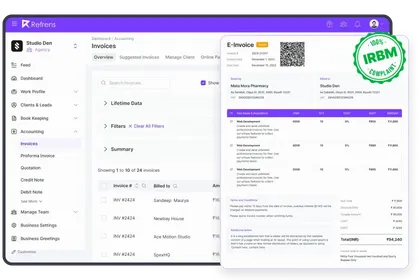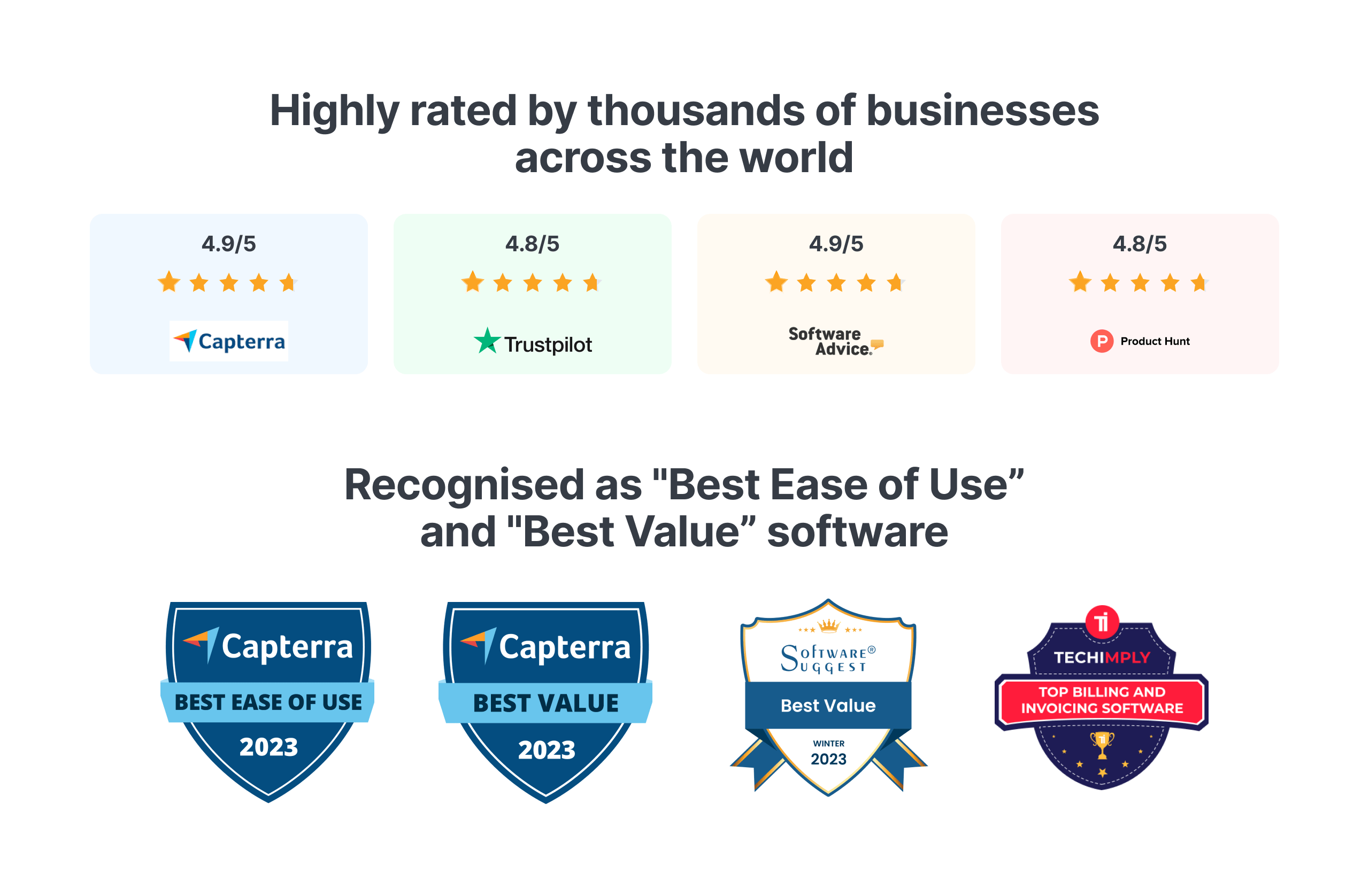We Are Rated ⭐ 4.8/5 based on 1000+ Ratings
Stay compliant with IRBM/LHDN guidelines with Refrens e-invoicing software
Move your invoicing process to Refrens for seamless transition towards e-invoicing.
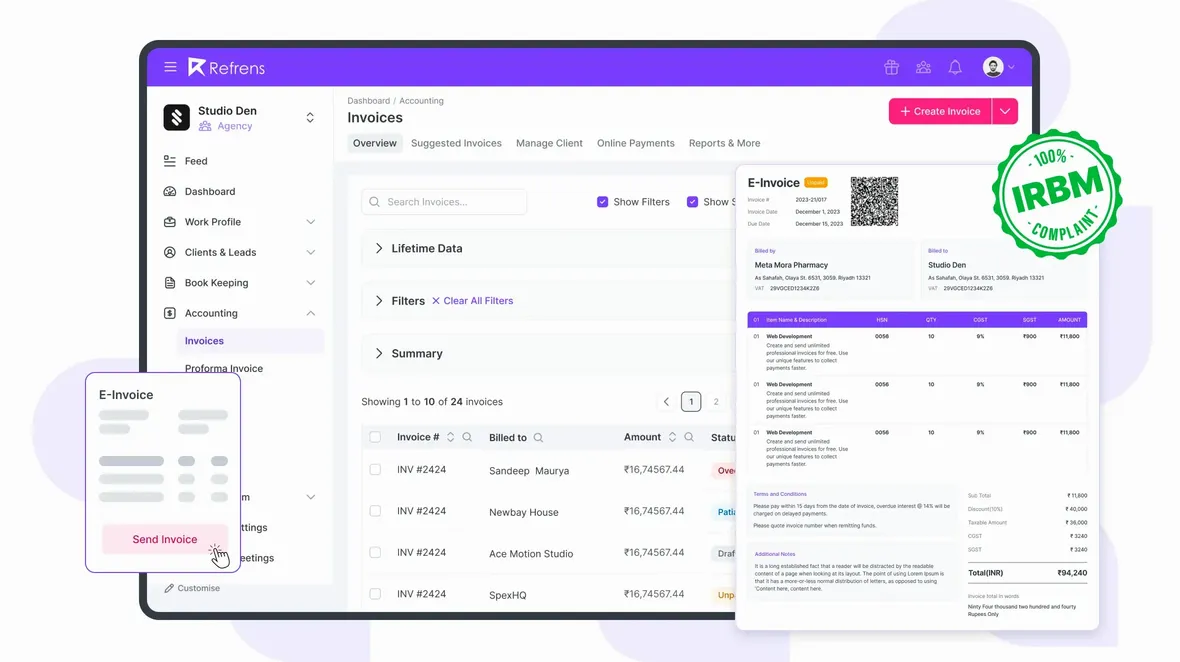
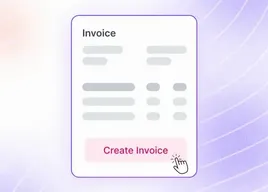
1. Create an E-InvoiceCreate fully customizable professional invoices, credit notes, debit notes, and other documents in minutes.
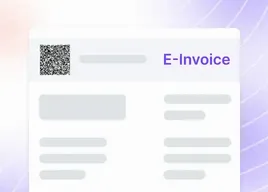
2. Get QR Code Automatically Automatically get QR code embedded on your e-invoices according to IRBM guidelines.
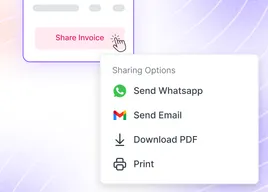
3. Share E-invoices In a Few ClicksShare the e-invoices with clients via link/print/pdf over email or WhatsApp in a couple of clicks.
Why Refrens is the most trusted e-invoicing software in Malaysia?
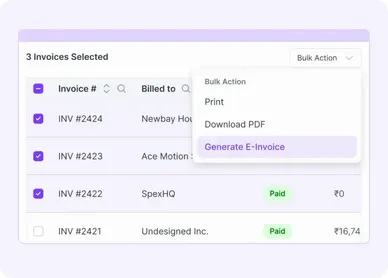
Seamless E-invoice Generation
Our advanced automation ensures that 80% of your data entry work gets automated. This helps you save on time & manpower costs.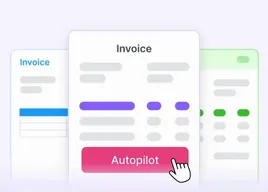
Advanced Data Validations For Error-proof E-invoicing
Ensure complete compliance with IRBM guidelines. Reduce the risk of manual errors & data discrepancies.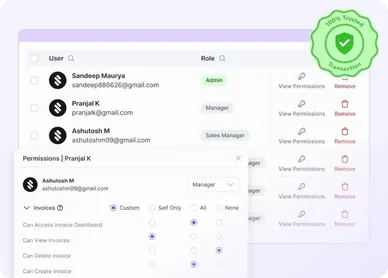
Ensure Security With Team Access Controls
Our customizable user roles & permissions help you ensure that everyone has the right level of access - neither less nor more.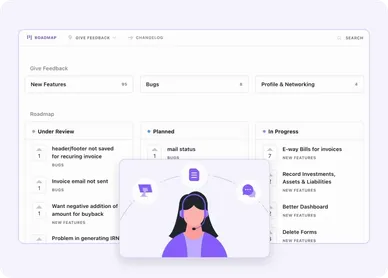
Round-the-clock Support
We are always available to answer your queries with dedicated support team over email, chat, phone, and WhatsApp.Additional Features of Our E-Invoicing Software


















Streamline your e-Invoicing process with automationSignup for Free
Pricing of Refrens e-Invoicing software for Malaysia
Only Pay When You Need Premium Features.

Helpful Links
Made with and in Bengaluru.
Refrens Internet Pvt. Ltd. | All Rights Reserved
This site is protected by reCAPTCHA and the Google Privacy Policy and Terms of Service apply.